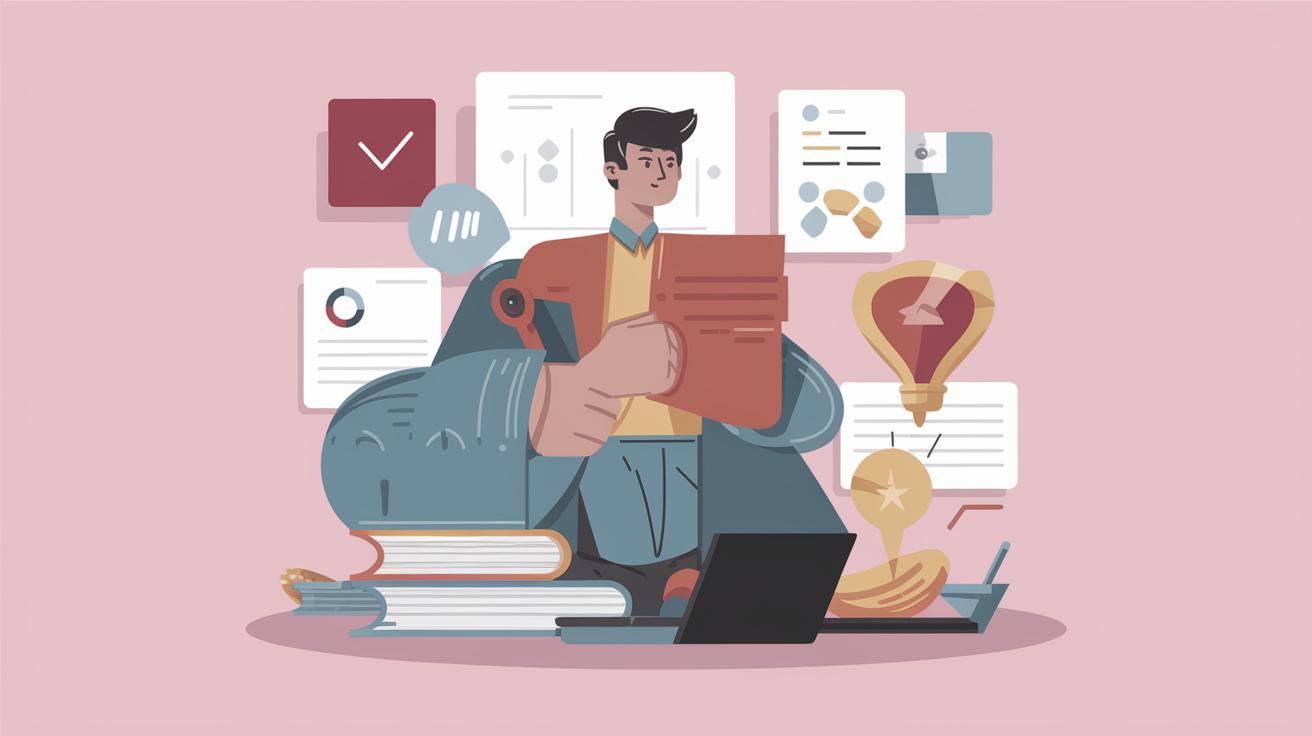Understanding Your Strengths and Weaknesses: A Guide for Job Interviews
In the realm of job interviews, discussing one’s strengths and weaknesses is a common yet critical part of the process. This article aims to demystify why interviewers ask about these aspects and how best to articulate them. We’ll explore five key tips to effectively convey your strengths and weaknesses and provide examples to illustrate these points. Additionally, we’ll delve into strategies for addressing questions about your greatest strengths and weaknesses. By understanding how to present these characteristics authentically and professionally, you can create a positive impression, showcasing your self-awareness and communication skills to potential employers.
Why Do Interviewers Ask About Your Strengths and Weaknesses?
Understanding why interviewers focus on strengths and weaknesses is crucial for preparation. Their primary objective is to gain insight into your self-awareness and how you perceive your own capabilities. Recognizing your strengths indicates that you understand where you excel, are confident in your abilities, and know how you can contribute positively to the company. Conversely, acknowledging your weaknesses demonstrates that you possess a growth mindset, motivated to improve and adapt.
Furthermore, discussing these topics provides interviewers with a perspective on your cultural fit within the company. Companies look for candidates who align with their values and mission, and your responses can indicate whether your skills and personality will integrate well with the existing team dynamics.
5 Tips for Talking About Strengths and Weaknesses in an Interview
1. Be Honest
Honesty is vital when discussing strengths and weaknesses. Fabricating skills or downplaying areas needing improvement can lead to a mismatch in expectations if you’re hired. Authenticity ensures that both you and the employer have a clear understanding of your potential impact on the organization.
When you are honest, you also project reliability and integrity, qualities that are attractive to any employer. Discuss your true skillset and areas you are actively working on to demonstrate self-improvement efforts.
2. Tell a Story
Using stories to illustrate your strengths and weaknesses brings them to life and provides context to your claims. Provide examples from past experiences that highlight your capabilities and moments where you acknowledged a weakness and took steps to improve.
Stories enable the interviewer to visualize your skills in action, making your attributes more tangible and memorable. It’s also an opportunity to show off your storytelling abilities, which can be particularly appealing in roles where communication is key.
3. Remember to Get to the Insight
Concluding your anecdotes with insights is crucial. After sharing a story, highlight what you learned from the experience and how it has shaped your professional approach. This shows that you can reflect on your experiences critically, making you a more adaptable candidate.
Transformation through experience is a strong indicator of personal growth potential, a trait highly valued by employers in today’s fast-changing work environments.
4. Keep It Short
While it’s important to provide enough detail to make your stories compelling, brevity is equally essential. Keep your responses concise and focused on the key points to maintain the interviewer’s attention and avoid derailing from the main topic.
Focus on the most relevant details and insights to ensure that your answers have maximum impact without overwhelming the interviewer with unnecessary information.
5. Don’t Sweat It So Much
It’s natural to feel anxious about discussing personal shortcomings, but remember that interviewers understand everyone has weaknesses. The key is how you present them and what you are doing to improve.
Approaching this part of the interview with confidence can transform it from a potential pitfall into an opportunity to demonstrate self-awareness and dedication to personal development.
Examples of Strengths and Weaknesses to Use in an Interview
Example Strengths for Job Interviews
Identifying the right strengths to discuss involves aligning them with the job requirements. Examples of strengths might include excellent problem-solving skills, effective communication abilities, and a strong work ethic.
Demonstrate these strengths with relevant situations from your work history that underscore how these attributes have led to successful outcomes.
Example Weaknesses for Job Interviews
When discussing weaknesses, it’s important to focus on characteristics that you are actively working to improve, such as a tendency to take on too many tasks at once or initial discomfort with public speaking.
Emphasize your commitment to overcoming these challenges through specific actions, such as taking courses or seeking mentorship, to show progress and a proactive attitude toward self-improvement.
How to Answer “What Are Your Strengths?” in an Interview
Organization
Highlighting organization as a strength shows your ability to manage tasks efficiently and meet deadlines consistently. Discuss tools and strategies you use, like planners or software, which enhance your productivity.
Provide examples where your organizational skills made a significant impact, such as successfully coordinating a large project or streamlining a chaotic process.
Adaptability
Adaptability is increasingly critical in dynamic work environments. Illustrate situations where you successfully adjusted to changes or learned new skills quickly to meet emerging challenges.
Your narrative might include stepping into a new role on short notice or effectively handling unexpected industry shifts, showcasing your readiness to navigate uncertainty.
Time Management
Excellent time management skills demonstrate your ability to prioritize and multitask effectively. Cite examples of how you manage your workload and balance multiple projects without compromising quality.
Discuss techniques you use, such as the Pomodoro Technique or digital calendars, which aid in optimizing your productivity and maintaining a healthy work-life balance.
Creativity
Creativity extends beyond artistic endeavors; it encompasses problem-solving and innovative thinking crucial to business growth. Share how you implemented creative solutions that had a measurable impact.
Whether you designed a new marketing strategy or developed a unique approach to customer service, creativity can differentiate you from other candidates.
How to Answer “What Is Your Greatest Weakness?” in an Interview
Not Knowing When to Ask for Clarification
This weakness shows a willingness to take responsibility for tasks but highlights potential issues with overconfidence. Explain how you’ve learned to identify when clarifications are necessary to ensure quality outcomes.
You’ve devised strategies such as regular check-ins with colleagues or mentors, showing your growth in seeking appropriate guidance when needed.
Not Being Able to Say No to Extra Work
This weakness demonstrates eagerness but can lead to burnout. Share how you’ve recognized the importance of setting boundaries and practicing assertiveness for better task management.
Discuss the steps you’ve taken to assess workload capacity more critically and the positive effects on both your well-being and productivity.
Struggling with Written Communication
While possessing this weakness, emphasize your commitment to improvement through actions like taking writing courses or seeking feedback from peers.
Discuss the tangible improvements you’ve achieved in articulating ideas clearly and persuasively, and how these skills have benefited your professional interactions.
Lack of Confidence
Admitting a lack of confidence can be daunting, but it offers a chance to show your progress in building self-assurance through mentoring or public speaking opportunities.
Detail the positive impact of gaining confidence on your career, such as increased participation in meetings or leadership roles you’ve accepted more comfortably.
Key Takeaways
| Topic | Main Points |
|---|---|
| Interviewer Motivation | To assess self-awareness and fit within the company culture. |
| 5 Tips Summary | Be honest, tell a story, keep it short, provide insight, and don’t overthink. |
| Example Strengths | Problem-solving, communication, organization, adaptability, time management. |
| Example Weaknesses | Overcommitting, needing clarification, written communication challenges, lack of confidence. |
| Answering Strategies | Illustrate with stories, use improvement initiatives, relate to job needs. |


